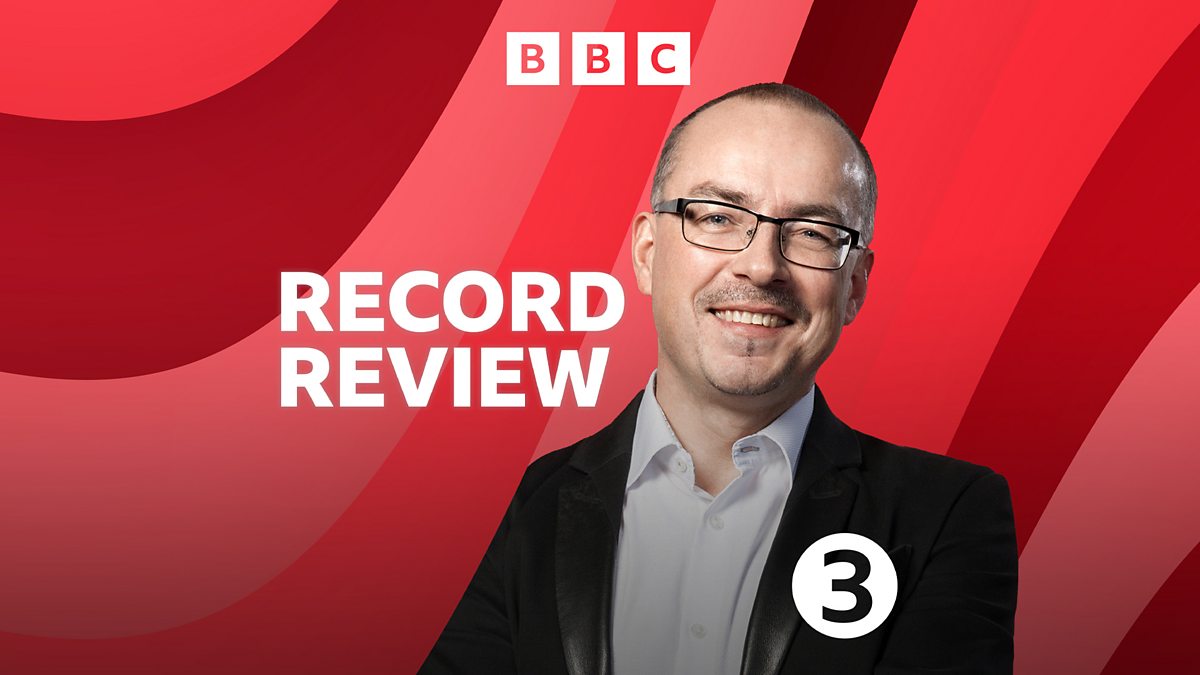(I've already posted this under the 'St Paul's' thread.)
A little something for Remembrance Sunday
Collapse
X
-
Thank you very much for this link - the introduction of the Last Post is truly inspired. (There was also a moving 'take' on the Last Post at end of this morning's Andrew Marr show on BBC1).Originally posted by ardcarp View Posthttps://www.youtube.com/watch?v=PHZ1Vh4RRG4
(I've already posted this under the 'St Paul's' thread.)
-
-
Yes - Gerald Finzi-ish; and the one part of Andrew Marr I normally switch off as being annoyingly irrelevant and superfluous, just put on to force people through "precedings", which instead turned out to be the one bit that calmed me down this week.Originally posted by LMcD View PostThank you very much for this link - the introduction of the Last Post is truly inspired. (There was also a moving 'take' on the Last Post at end of this morning's Andrew Marr show on BBC1).
I'd always been given to believe Laurence Binyon to have been an apologist for imperialism - but please don't ask me by whom; it was "common currency" to my sub-generation. The euphemistic language in which the linked article below is couched invites reading between the, er... lines.
poetryfoundations.org is your first and best source for all of the information you’re looking for. From general topics to more of what you would expect to find here, poetryfoundations.org has it all. We hope you find what you are searching for!
I always get my poppy, but for some reason I could not find anyone collecting for them despite cycling to three shopping precincts yesterday morning in search of one - seriously. Is "I Vow to Thee my Country" always sung at WW1 commemoration events? And - also seriously - is the act of singing it ironic at some level, or do we take the words literally? Admittedly I don't normally tune in, but I've now heard it broadcast live twice this weekend.
Comment
-
-
There is a misconception about Cecil Spring Rice's poem I Vow to Thee My Country. The second verse is what it's leading up to:
And there's another country, I've heard of long ago,
Most dear to them that love her, most great to them that know;
We may not count her armies, we may not see her King;
Her fortress is a faithful heart, her pride is suffering;
And soul by soul and silently her shining bounds increase,
And her ways are ways of gentleness, and all her paths are peace.
So there's no need to sing it with irony IMHO. Like Jerusalem it's got a ruddy good tune anyway!
Last night Mrs A and took part in a concert (not a service) which was built around the theme of 'remembrance'. We were all asked to wear poppies unless we had a strong aversion to the idea. I was intrigued that one performer wore two overlapping poppies, one white and one red; in other words she could embrace remembrance of the fallen alongside her pacifist principles.
Comment
-
-
Ok, and thanks ardcarp - I go along with that. Incidentally, my understanding is that the Holst-conducted version of "Jupiter" - which I have not heard - gives no semblance to the patriotic fervour that has come to characterise most performances one is familiar with. I understand Holst was not happy with having those words appended - maybe that would have been the case with any words.Originally posted by ardcarp View PostThere is a misconception about Cecil Spring Rice's poem I Vow to Thee My Country. The second verse is what it's leading up to:
And there's another country, I've heard of long ago,
Most dear to them that love her, most great to them that know;
We may not count her armies, we may not see her King;
Her fortress is a faithful heart, her pride is suffering;
And soul by soul and silently her shining bounds increase,
And her ways are ways of gentleness, and all her paths are peace.
So there's no need to sing it with irony IMHO. Like Jerusalem it's got a ruddy good tune anyway!
Last night Mrs A and took part in a concert (not a service) which was built around the theme of 'remembrance'. We were all asked to wear poppies unless we had a strong aversion to the idea. I was intrigued that one performer wore two overlapping poppies, one white and one red; in other words she could embrace remembrance of the fallen alongside her pacifist principles.
Comment
-
-
I can imagine that Holst (with his fascination for mysticism and Eastern religions) would not wish to be associated with anything perceived as jingoistic. It reminds me that on yesterday's Record Review, his Ode to Death was played (in organ accomp version) about 1hr 47 mins from the start. It's a setting of part of the Walt Whitman poem of the same name and was written in 1919, clearly as a response to the Great War.
...about 1hr 47 mins from start.
Comment
-
-
I've been very fond of that work ever since first hearing it at age 15.Originally posted by ardcarp View PostI can imagine that Holst (with his fascination for mysticism and Eastern religions) would not wish to be associated with anything perceived as jingoistic. It reminds me that on yesterday's Record Review, his Ode to Death was played (in organ accomp version) about 1hr 47 mins from the start. It's a setting of part of the Walt Whitman poem of the same name and was written in 1919, clearly as a response to the Great War.
...about 1hr 47 mins from start.
Comment
-



Comment